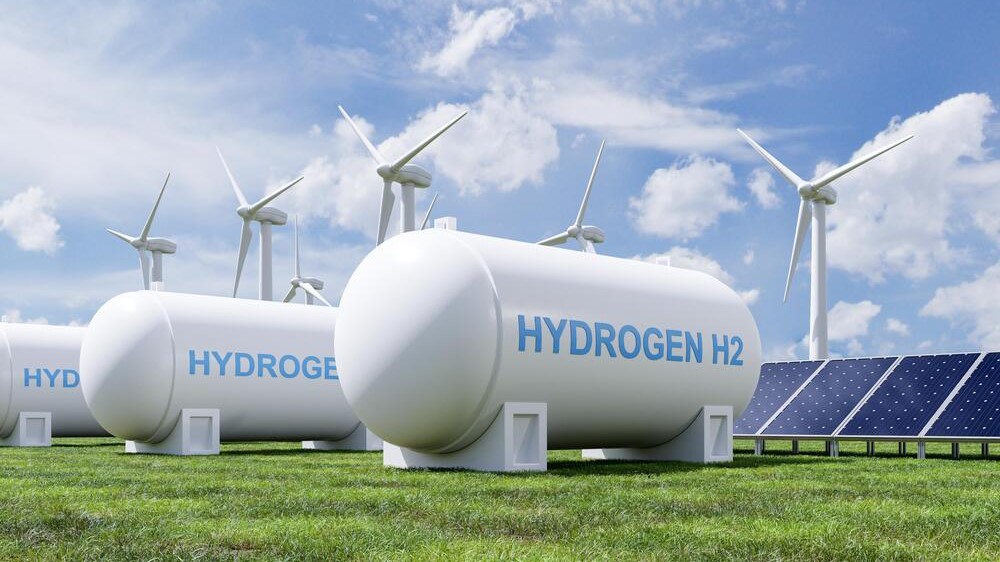A significant new international research project is aiming to advance net zero hydrogen production and explore the economic and policy requirements of building a just hydrogen economy.
The Global Hydrogen Production Technologies Center (HyPT) is a £14.1m five-year programme featuring almost 20 universities from across the UK, US, Canada and Australia. Cranfield University, Arizona State University, the University of Toronto, and the University of Adelaide will lead separate strands of the project in their respective countries. While the other country leads will each explore a different method of net zero hydrogen production, Cranfield will examine the economic, social and environmental system changes needed to build a global hydrogen economy, as well as the impact production has on local communities and ecosystems.
On the technology side, Arizona State University will lead research into water electrolysis, where electricity is used to split water into oxygen and hydrogen. The University of Adelaide will lead on photocatalysis, using sunlight to help water break apart into oxygen and hydrogen. The University of Toronto will explore methane pyrolysis, where natural gas is heated to high temperatures, producing hydrogen and solid carbon.
UK Research and Innovation (UKRI) has allocated £6.2m in funding to UK participants, with Cranfield University receiving £1.8m.
Tags: Canada, Hydrogen, HyPT, NetZero, UK, US

Recent Posts
India gets major push with first multi-purpose Green Hydrogen project
Carbon Clean starts CCS module construction
All American delivers hydrofoil-assisted tour vessel
Safe Bulkers continues fleet renewal with eco-friendly Kamsarmax
Solution developed to convert paper sludge, food and textile waste into bioethanol
V.Ships seals shipmanagement deal for X-Press Feeders
G7 countries task IRENA to monitor Group’s renewable energy progress
Kongsberg Maritime hybrid technology to optimise energy use and cut emissions